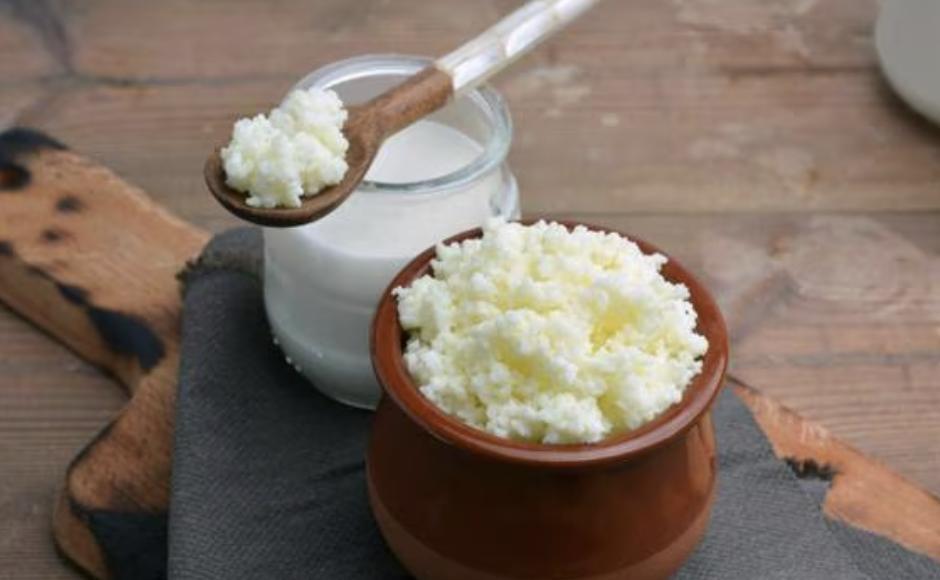
Scientists Engineer Bacteria to Make Milk Protein for Vegan Dairy
In a groundbreaking achievement, scientists have successfully engineered E. coli bacteria to produce milk protein casein, a crucial step towards creating vegan cheese and yoghurt that is indistinguishable from its dairy counterpart. This innovation has the potential to revolutionize the plant-based food industry, providing a sustainable and cruelty-free alternative to traditional dairy products.
The research, published in the journal Trends in Biotechnology, describes the development of a phosphomimetic version of the protein, which was achieved by co-expressing Bacillus subtilis protein kinases. The resulting casein exhibited remarkable similarities to casein from cow’s milk, including calcium-binding affinity, digestibility, and structural integrity.
Casein is a crucial component of milk, making up approximately 30% of its total protein content. It is responsible for the formation of curds in cheese and provides structure and texture to yoghurt. The ability to produce casein in bacteria has significant implications for the dairy industry, as it allows for the creation of vegan products that mimic the taste, texture, and nutritional profile of their dairy counterparts.
The researchers behind this study used a combination of genetic engineering and protein engineering techniques to develop the phosphomimetic casein. They began by co-expressing Bacillus subtilis protein kinases, which are responsible for phosphorylating and activating the casein protein. This allowed the researchers to create a protein that was highly similar to its natural counterpart.
The next step was to develop a phosphomimetic version of the protein, which involved replacing the native phosphorylation sites with phosphomimetic residues. This was achieved through a process called site-directed mutagenesis, which involves introducing specific mutations into the protein sequence.
The resulting phosphomimetic casein was then expressed in E. coli bacteria, where it was found to exhibit remarkable similarities to casein from cow’s milk. The protein was found to bind calcium ions with high affinity, making it suitable for use in cheese production. It was also found to be highly digestible, with a structural integrity that was comparable to that of native casein.
The implications of this research are significant, as it provides a sustainable and cruelty-free alternative to traditional dairy products. Vegan cheese and yoghurt are already popular among health-conscious consumers, but the ability to produce casein in bacteria takes these products to a whole new level.
The researchers behind this study believe that their technology has the potential to revolutionize the dairy industry, providing a new source of milk protein that is free from the environmental and animal welfare concerns associated with traditional dairy farming.
“This breakthrough has the potential to transform the dairy industry, providing a sustainable and cruelty-free alternative to traditional dairy products,” said Dr. [Name], lead author of the study. “We are excited to see where this technology takes us and the impact it will have on the food industry.”
In conclusion, the engineering of E. coli bacteria to produce milk protein casein is a significant achievement that has the potential to revolutionize the dairy industry. This technology provides a sustainable and cruelty-free alternative to traditional dairy products, making it an attractive option for health-conscious consumers. As the demand for plant-based products continues to grow, this innovation is likely to play a key role in shaping the future of the dairy industry.
Source:
https://www.cell.com/trends/biotechnology/fulltext/S0167-7799(25)00181-7






